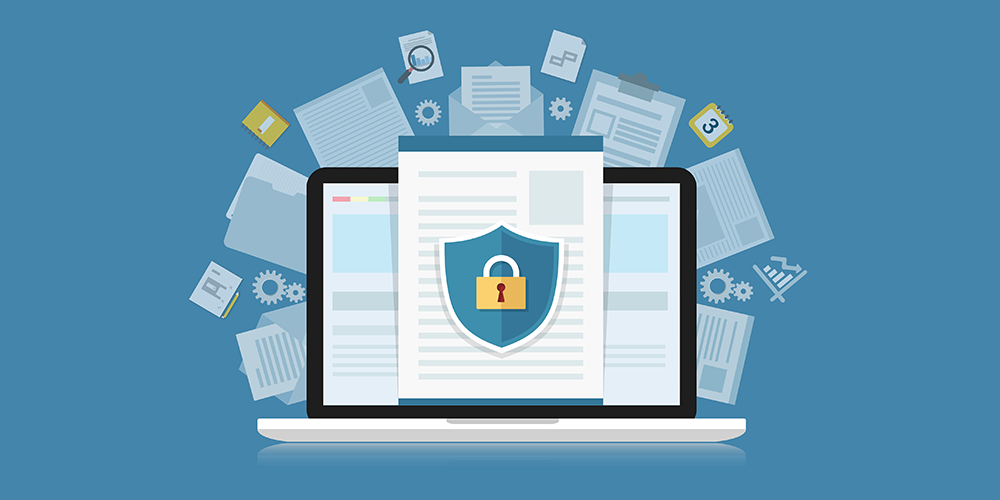It’s a given: every company, no matter how small, collects customer data via their website. And with more data (including personally identifiable information) moving from user to server to website, more attack surfaces open up. Over the past several years, data protection laws have been passed all over the world; these are in addition to already-existing acts like HIPAA, PCI-DSS and others. Following these data protection rules applies to every aspect of your business, including your website. Read on to learn about keeping customer data safe, and demonstrate your commitment to data security.
The Importance of Website Security
Going on a website itself involves a transfer of data, before any of it’s stored and used by a business. When connecting to a website, packets of data move from the server hosting the website, and these packets are stored temporarily on the user’s computer. Data transfer goes in the opposite direction, too–information like who is connecting, their IP address and more. At any point in the process, a bad actor can steal the data and even create fake packets to install malware. Therefore, data encryption is crucial. If visitors’ data is lost, stolen or compromised, it can mean fines and loss of reputation, even going out of business. This begs the question, how to protect user data?
Website Security Best Practices
As always, data protection involves people, processes and technology. Having strict access controls for insiders like website administrators helps determine who handles personal information. Practices like maintaining data for a limited time and communicating with website visitors about data use are key in safeguarding personal information. When using WordPress, keeping your plug-ins up to date Firewalls and security patches help identify what information is transferred between your server and the internet, and have the most current protections to software and applications. A secure socket layer (SSL) encrypts data in transit and an SSL certificate shows customers that your website is secure, putting them at ease. Keeping WordPress plugins up to date, and updating WordPress, helps you make your website secure. Putting a terms of use page on your website, where data-handling practices are described, may also give customers confidence.
Following Data Protection Regulations Reinforces Website Security
Many organizations are required to comply with some data protection regulation, whether PCI-DSS (e-commerce), HIPAA (healthcare), GDPR (if doing business with European companies) or the Federal Trade Commission in the US. Moreover, individual US states like California have their own legislation on what can be done with customer data and what rights customers have around their data. Even if your company is exempt from some regulations, basing your data-handling practices on the regulations can only help you earn the confidence of your customers.
Your customers’ trust in your website depends on how you treat their data. For more information on keeping your website safe, contact ClikCloud today.

Recent Comments